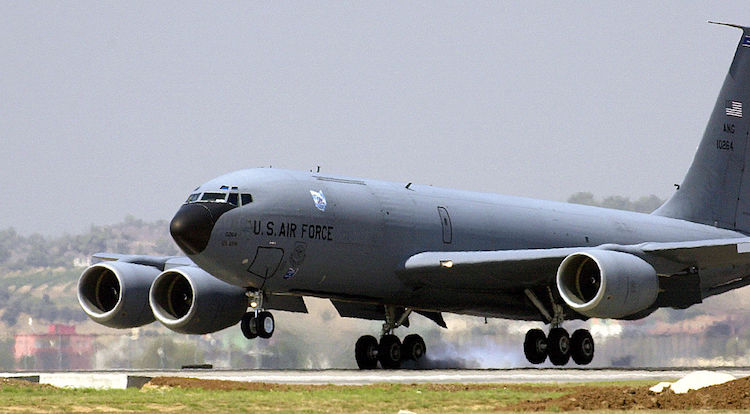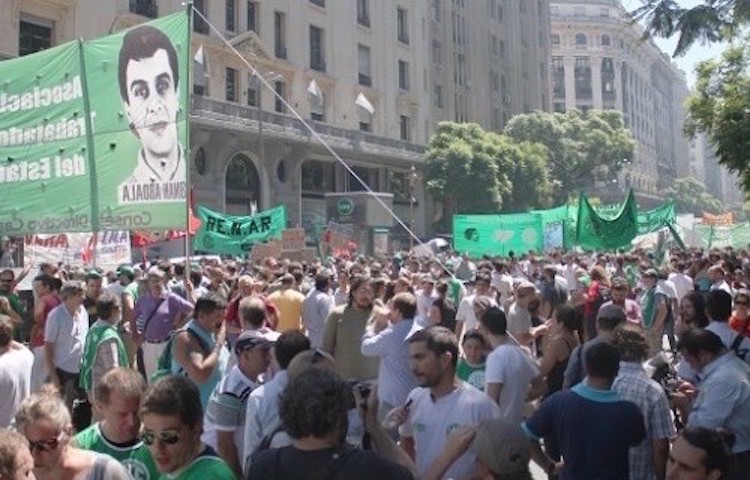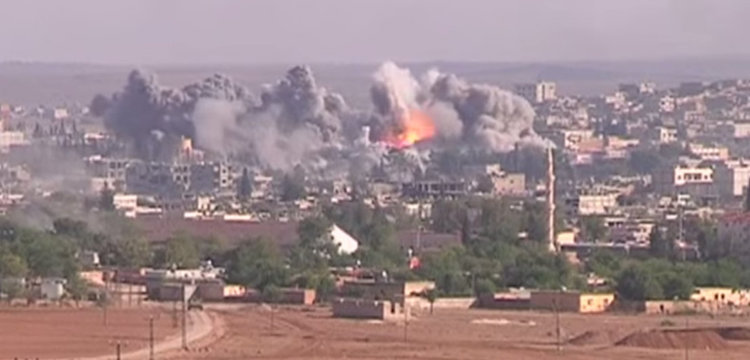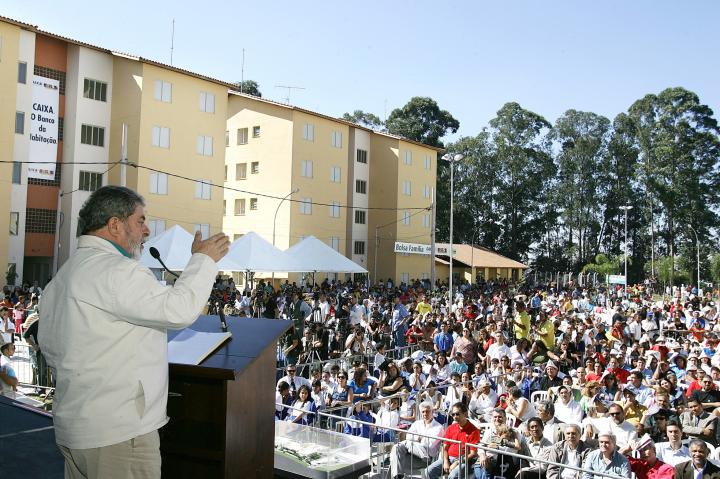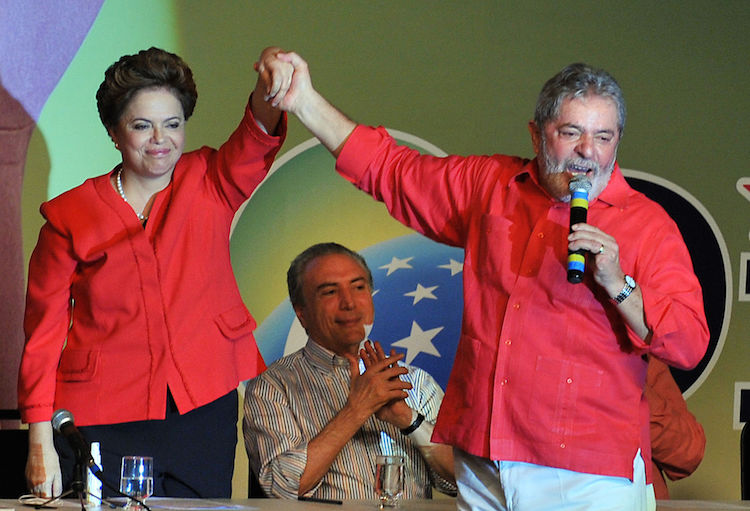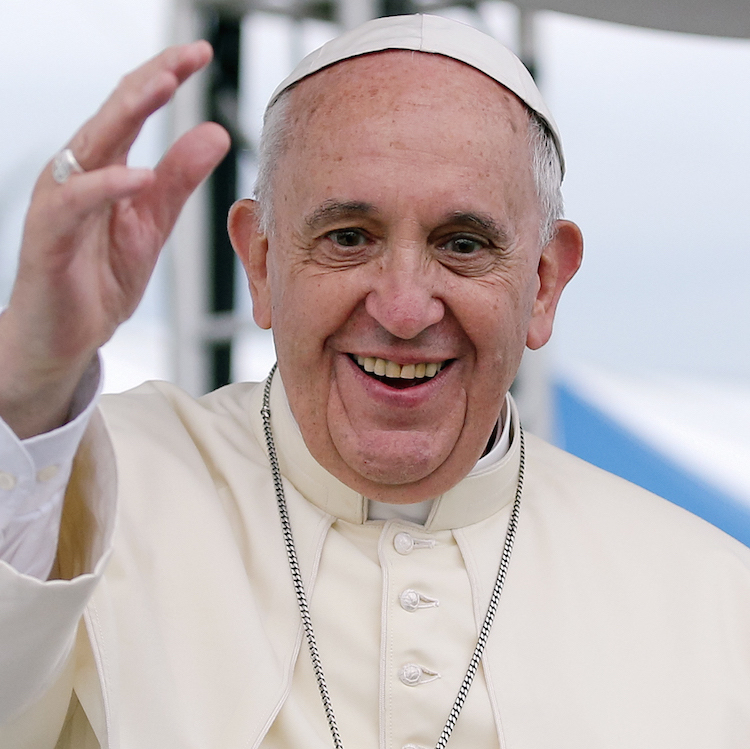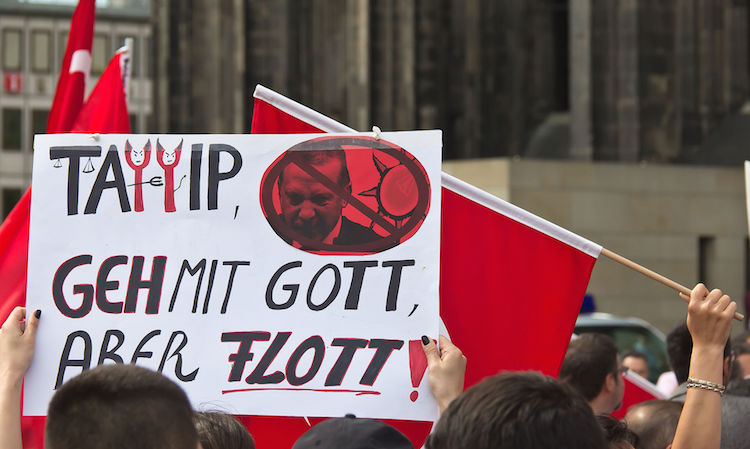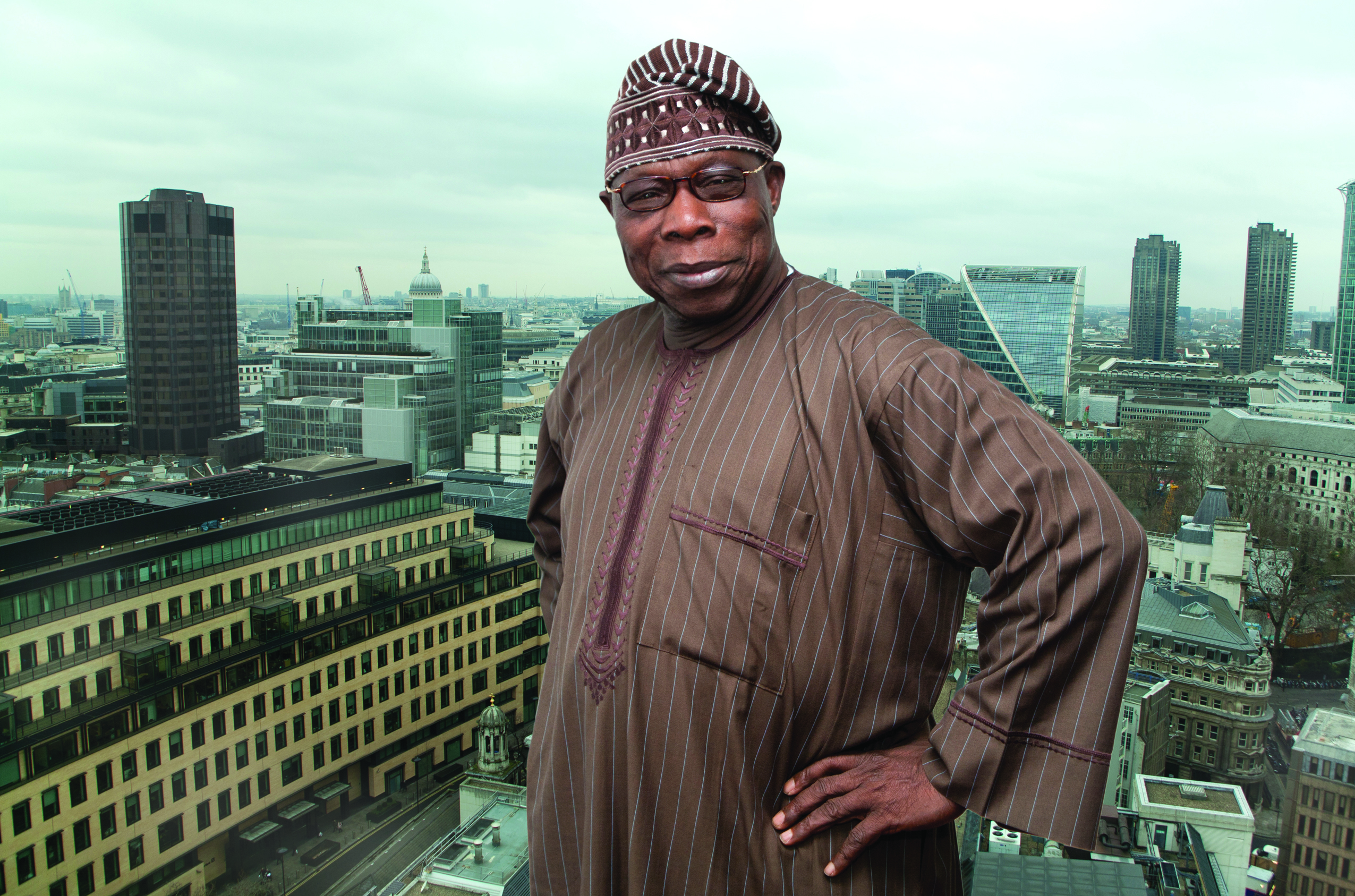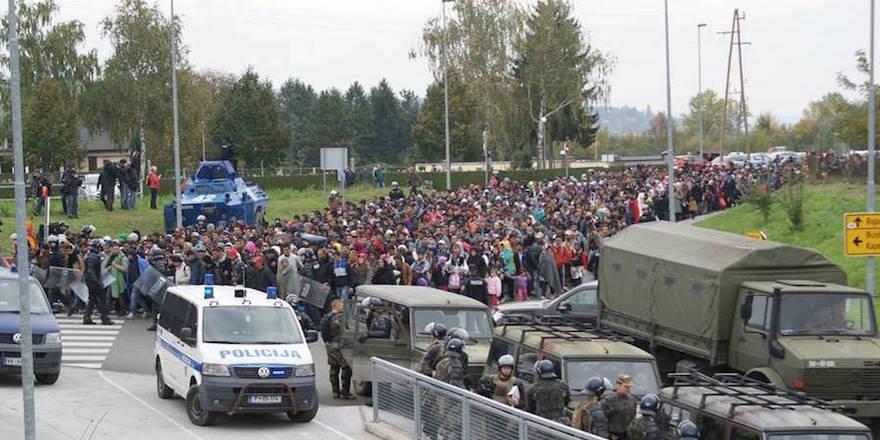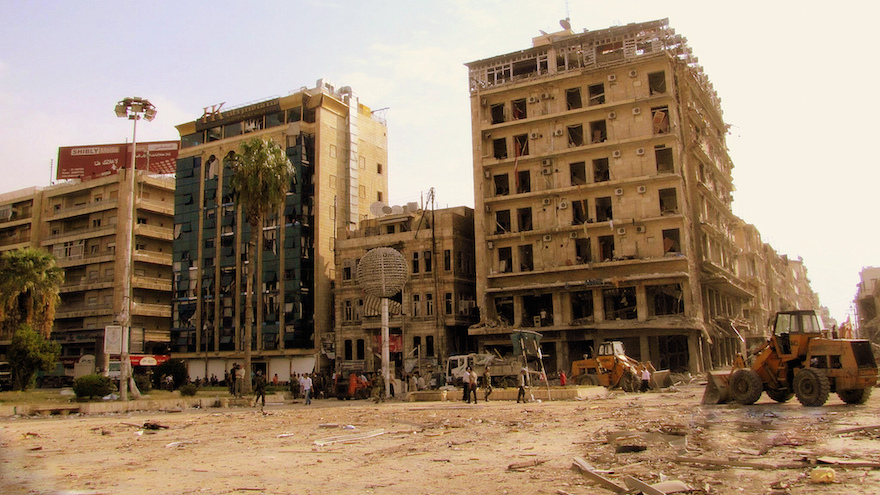Viewpoint by Jonathan Power
LUND, Sweden (IDN-INPS) -The Incirlik air base in southeast Turkey – from which U.S. pilots launch bombing raids on ISIS forces in Syria – is home to about 50 B-61 hydrogen bombs. That makes it NATO’s largest nuclear storage facility.
Each bomb has a yield of up to 170 kilotons, nearly a dozen times more powerful than the weapon that destroyed Hiroshima. The bombs are stored in underground vaults within aircraft shelters that in turn are protected by a security perimeter.
Recently, Incirlik was in the headlines because it appears it was one of the command centres of the attempted coup, meant to topple President Recep Tayyip Erdogan.

